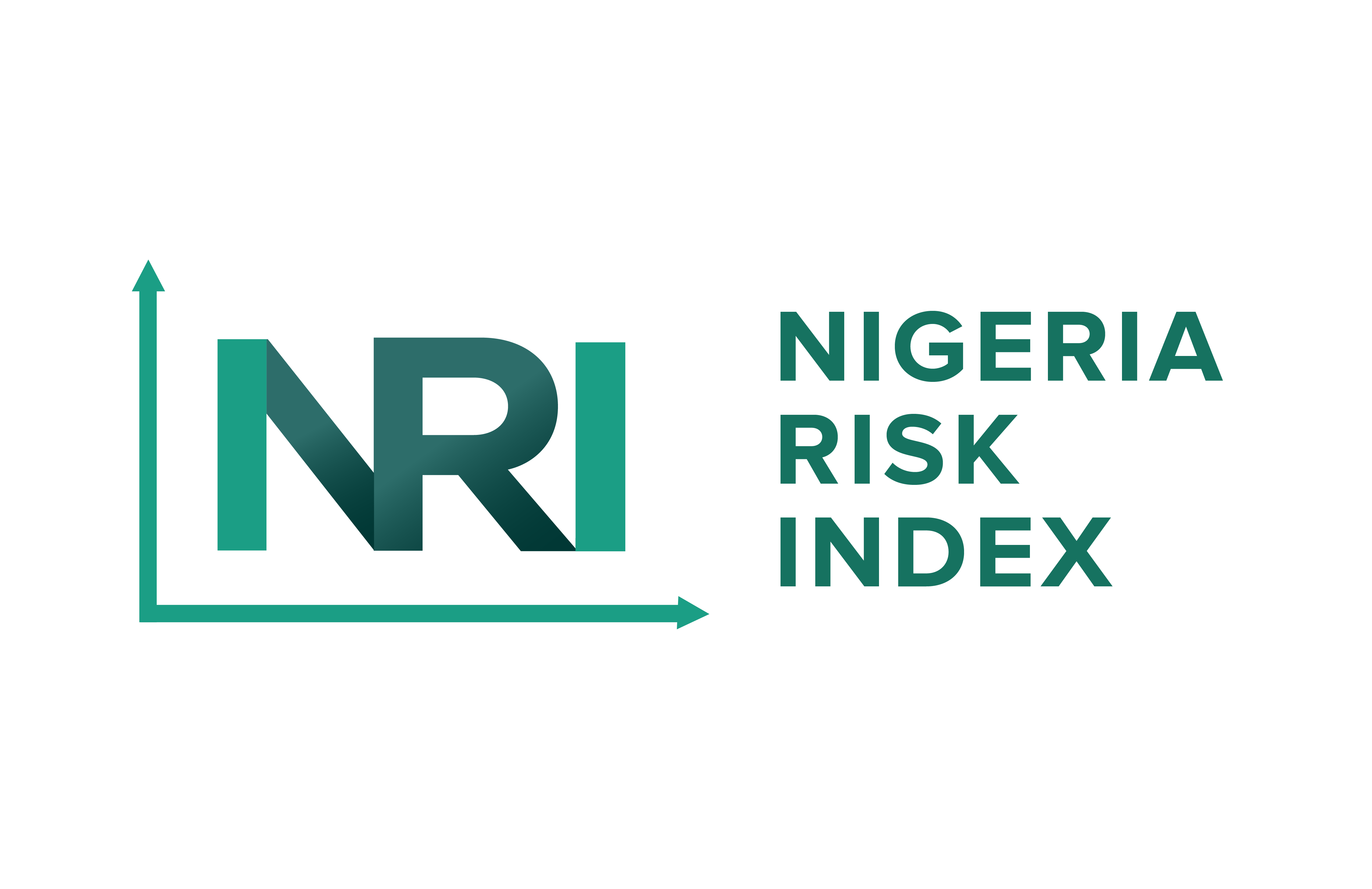Insights
Nigeria's government, under President Bola Tinubu, has enacted a new policy making the Taxpayer Identification Number (TIN) mandatory for citizens engaging in banking and other financial services. Effective January 1, 2026, this directive is a cornerstone of the country's tax reform efforts, aiming to broaden the tax base, improve compliance, and increase revenue collection. The new policy is part of the Nigeria Tax Administration Act (NTAA) 2025, which seeks to modernize the nation's tax system and enhance fiscal discipline.
The TIN is now a prerequisite for a wide range of financial activities, including opening bank accounts, getting insurance, and engaging in stock market transactions. The government hopes this will create a comprehensive database of taxpayers, making it easier to track transactions and bring more of the informal economy into the formal tax net. To ease the transition, the government has provided a six-month preparatory window before enforcement begins, during which the Nigeria Revenue Service (NRS) will conduct awareness campaigns and system upgrades. Additionally, some exemptions have been introduced, such as certain taxes for low-income earners and over 90% of micro, small, and nano businesses. Essential goods and services will also remain VAT-free.
Risks and Challenges Ahead
While the policy is a bold step towards fiscal transparency, it's not without significant risks and controversies. The policy has sparked debate, particularly among low-income earners and small to medium-sized enterprises (SMEs).
Financial Sector's Tightrope
For financial institutions - including banks and insurance firms - the new TIN policy presents an immediate challenge. Their core risk isn't just compliance but also the potential for mass customer churn and operational paralysis. Imagine a bank's system unable to process a simple transaction because a customer's TIN is missing or invalid; this could lead to operational failures like frozen accounts and delayed transfers. Financial institutions must urgently integrate a robust TIN validation system and take a proactive, customer-centric approach to help people through the registration process to avoid a crisis of service. A failure to do so could inadvertently push more individuals into the informal economy, exacerbating financial exclusion.
The Bureaucratic Burden on Businesses
For Nigeria's business community, particularly SMEs, the policy introduces a fresh layer of complexity. While the goal is to formalize the economy, the risk is a new wave of bureaucratic bottlenecks. Business owners will need to ensure their TINs are valid and that all transactions with partners and government agencies are correctly linked. Without a valid TIN, businesses could be blocked from critical activities like securing loans or bidding on government contracts, striking at the very heart of their operational viability. The policy also centralizes a wealth of financial data, making the entire ecosystem a more attractive target for cyber threats.
A Citizen's Guide to Staying Afloat
For the average Nigerian, the most immediate risk is the disruption of daily life. Starting January 1, 2026, an individual without a valid TIN may find their bank account effectively frozen, which could compromise their ability to pay bills or receive a salary. The new TIN is more than just a number; it's the new key to Nigeria's financial system.
A significant challenge to the policy's success is the pre-existing trust deficit between the government and its citizens, stemming from perceived inefficiencies and corruption. If the NRS fails to handle the massive influx of applications efficiently or if the process becomes a breeding ground for corruption, public confidence will erode, and resistance to the policy will grow. The government's ability to build trust and demonstrate the tangible benefits of this reform will ultimately determine its long-term success.

The Risk Control Team
Related Blog Posts
- GENOCIDE OF CHRISTIANS – IS NIGERIA GUILTY AS CHARGED?
- Is Nigeria under President Tinubu’s Administration, Finally Controlling Its Economic Risks?
- Northern Nigeria’s Peace Deals With Bandits: Truce or Time Bomb?
- The Dangote-Transporters Impasse: A Clash of Modernisation and Tradition
- Nigeria’s Mandatory Taxpayer Identification Number (TIN)Policy
